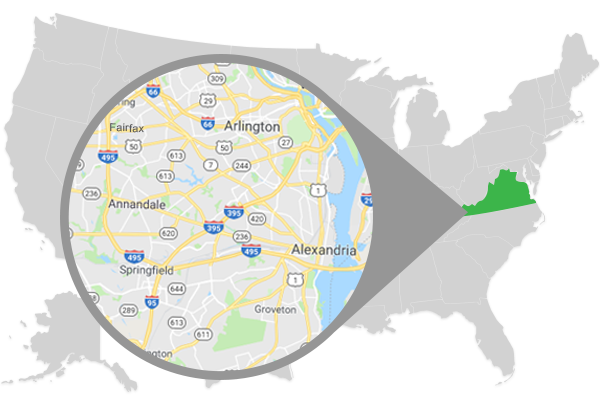The cause of dry rot damage is actually an excess of moisture that comes in contact with wood. Dry rot is a condition where fungus slowly breaks down wood fibers which makes the wood brittle and aged. When you touch it, this rotted wood feels dry, hence the name dry rot.
Types of dry rot
White rot which targets hardwood. Look out for white or yellowish discoloration. When touched, the wood will feel spongy and will have a stringy appearance.
Brown rot, also known as “brown cubical rot” because of the way the wood splits across the grain, giving it a checkerboard appearance or even breaking off into cubes. This type of rot causes wood to become dry and powdery.
Mistaken identity
While dry rot can sometimes look like mold on the surface or damage done by termites or carpenter ants, there are distinct differences between dry rot and other causes of wood damage.
Mold is a kind of fungi that grow on the surface of the wood. Mold doesn’t break down and weaken wood the way dry rot does.
Meanwhile, the damage done by carpenter ants is evident when wood is being chewed through and they leave behind tiny piles of sawdust in their wake. You can also spot clean cavities where they live.
Termite damage is very similar to dry rot, but the wood is wetter and termites are present.
Preventing dry rot
An important thing to remember is that to prevent dry rot damage, you need to reduce or eliminate excess moisture. It isn’t as simple as getting a leaky pipe fixed, nor is it as complicated as stopping water infiltration through your basement foundation. Dry rot damage happens when wood comes in contact with soil due to a failed foundation.
Drainage and gutters can definitely help lower the water level around your home. Keeping rainwater away from your foundation with proper grading and cleaning your gutters preventing water buildup from underneath your house will help prevent dry rot.
- If there is any untreated wood, it should be 18 inches or more from the ground.
- Make sure that you get vapor barriers installed on your basement walls and encapsulate your entire crawl space.
- Make sure that you use dehumidifiers in all basements and crawl spaces since condensation will cause relative humidity to rise above 50%.
- Repair plumbing leaks, fix roof leaks and regularly clear debris from the rain gutters.
You can attempt to do some of these things by yourself, but usually, that is not enough to prevent Dry rot. Without the right professional knowledge or equipment, you may do more harm than good. Here at Summit Environmental Solutions, we have authorized trained professionals that will be sure to deliver high-quality work. We also have a very friendly and a professional staff at our national headquarters who are always happy and willing to answer any questions about your basement or crawl space.
So what are you waiting for? Call us now at 703-520-5868 or visit our contact page and we can get started with a free estimate, today!




